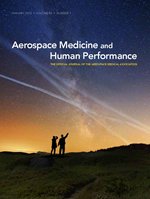 In case any pilots out there are worrying about their risk of prostate cancer based on a recent meta-analysis that found they are at least twice as likely to develop the disease, they should relax — the paper has been retracted.
In case any pilots out there are worrying about their risk of prostate cancer based on a recent meta-analysis that found they are at least twice as likely to develop the disease, they should relax — the paper has been retracted.
The reason: “including inappropriate data from two studies that should be ineligible.”
“The risk of prostate cancer in pilots: a meta-analysis” reviewed eight studies to determine whether airline pilots, who are regularly exposed to radiation and other occupational hazards, have a higher incidence of prostate cancer. However, it also included studies that reported on prostate cancer among all U.S. Armed Forces servicemen, not pilots.
The retraction notice was posted in May — only months after it was published in Aerospace Medicine and Human Performance in February. The notice included a letter to the editor outlining flaws in the meta-analysis and an apologetic response from first author, David Raslau at the Mayo Clinic.
Here’s the notice (appearing at the bottom of page 2):
Continue reading Analysis of pilots with prostate cancer retracted for “inappropriate data”
 A 2015 paper on how proteins work to reduce inflammation in cow cells has been retracted by the authors “because of inappropriate statistical analysis and inability to reproduce some of the results.”
A 2015 paper on how proteins work to reduce inflammation in cow cells has been retracted by the authors “because of inappropriate statistical analysis and inability to reproduce some of the results.”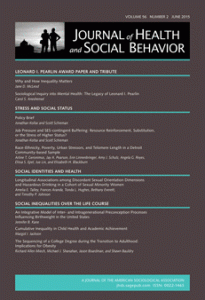


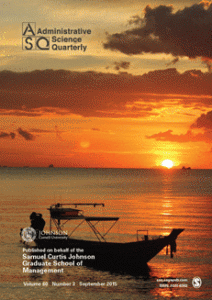 It may not be much of a surprise that narcissistic CEOs of pharmaceutical companies will make bold choices, such as adopting radically new technology. That idea remains true, despite a lengthy correction to a paper that supports it.
It may not be much of a surprise that narcissistic CEOs of pharmaceutical companies will make bold choices, such as adopting radically new technology. That idea remains true, despite a lengthy correction to a paper that supports it.

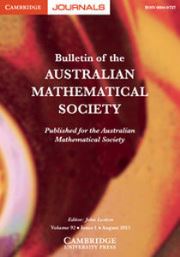
 A widely reported finding that the risk of divorce increases when wives fall ill — but not when men do — is invalid, thanks to a short string of mistaken coding that negates
A widely reported finding that the risk of divorce increases when wives fall ill — but not when men do — is invalid, thanks to a short string of mistaken coding that negates 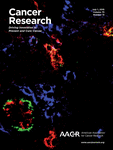 Another domino has fallen in a
Another domino has fallen in a